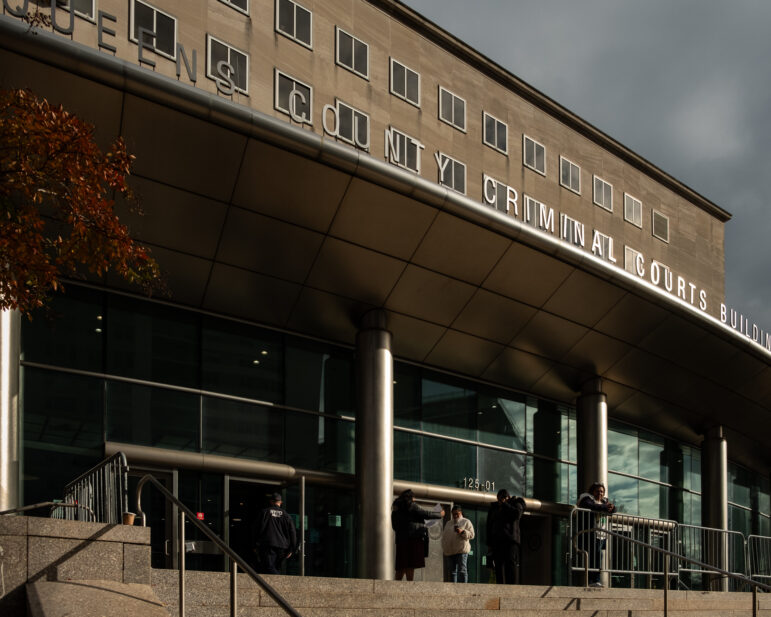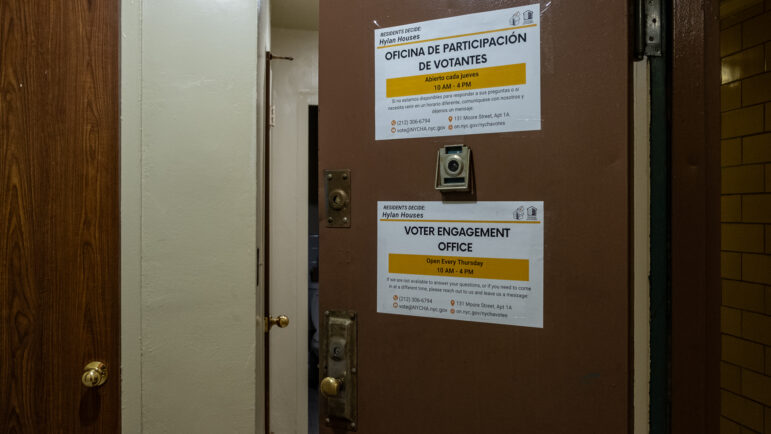The city’s Administration for Children’s Services is falling short of its own goals for involving the parents of foster children in planning their family’s future, according to a new report from the panel charged with monitoring the agency’s work.
Engaging parents has long been a hurdle for ACS, but a series of reforms kicked off in 1996 by former Commissioner Nicholas Scoppetta and advanced by a lawsuit called Marisol v. Giuliani promised big changes. Conferences between caseworkers and parents, for instance, would now hold weight and be scheduled more regularly: 72 hours, 30 days and six months after children’s placement in foster care.
Those meetings have been happening. But an August report by a new oversight panel found that the conferences “have not yet become the family engagement and family decision-making vehicles that ACS envisioned.” After meeting with administrators, staff, lawyers, parents and advocates, and directly observing 15 case conferences, the New York City Child Welfare Advisory Panel praised ACS for improving, but also described a wide gap between the agency’s policy and practice.
While most parents attended one or more of the meetings on their child’s placement last year, attendance goals were still far short of those set by a 2001 ACS plan. Only half attended the conference at the six-month mark, compared to ACS’ ultimate goal of 95 percent. At these meetings, the panelists found that caseworkers sometimes used confusing language or referred to parents in the third person, even when they were sitting in the room. Perhaps most troubling, “the conferences observed were run as though planning decisions about a child’s return home, other permanency options and visiting were made elsewhere,” the report noted.
ACS seemed unfazed by the criticism: “ACS is proud of the improved participation by families at these conferences over the past several years and we are confident that the process will continue to progress,” stated Commissioner William Bell in an August 19 press release.
Some child welfare advocates aren’t as confident. “It’s all very well to put out a report that’s a few pages long,” said Elie Ward, executive director of Statewide Youth Advocacy, an Albany-based nonprofit. “Who advocates for these changes? How do parents know that the promises are really going to be kept?”







